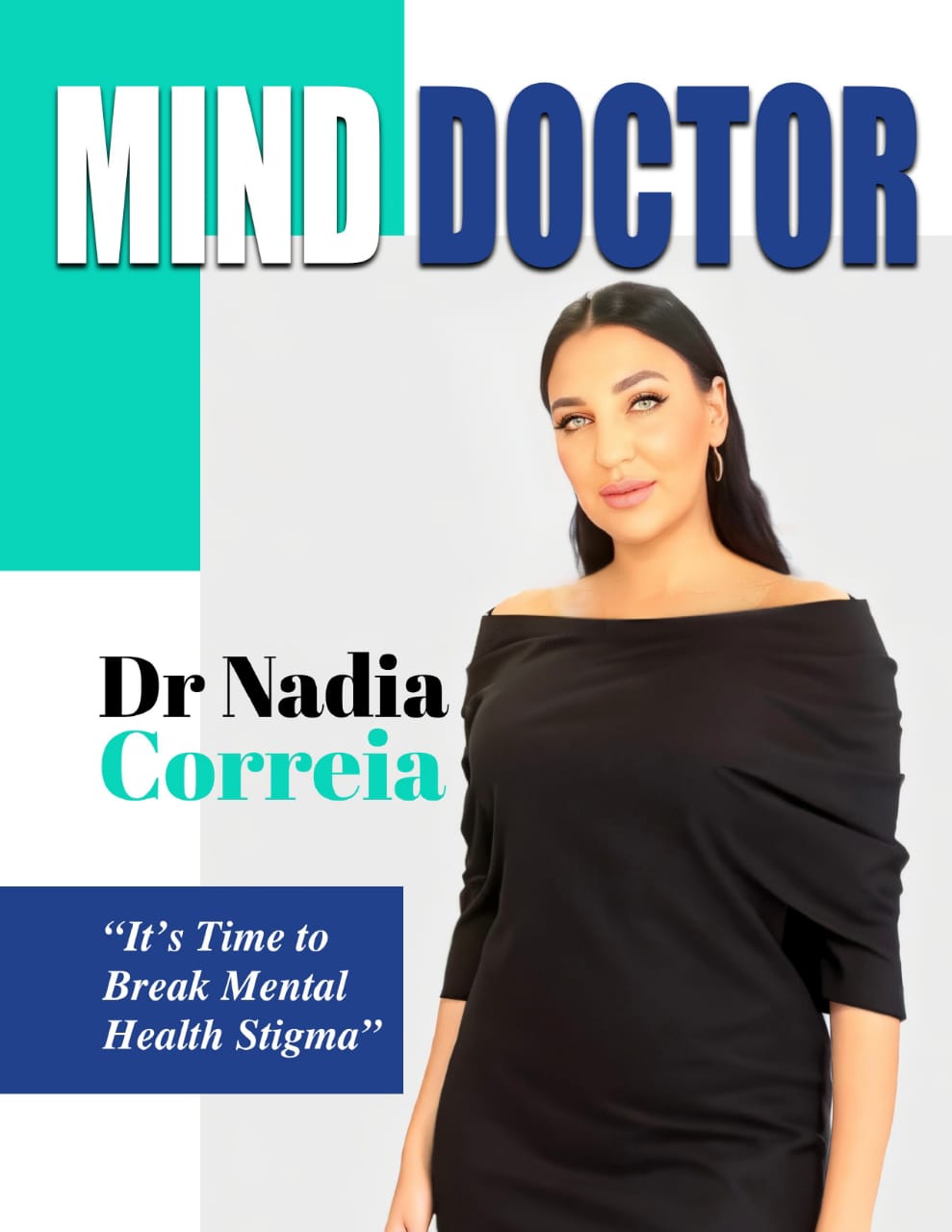The Basics Of At Home Healthcare Services
At home healthcare provides patients with the best possible care in the comfort of their own homes. In home care includes a wide range of services such as skilled nursing, physical therapy, occupational therapy, speech therapy, home health aide, and nutrition therapy.
Skilled Nursing
This is a service delivered by a licensed registered nurse or a licensed practical nurse that has training and experience in home healthcare. Skilled nursing services may include evaluation of your senior needs, education of patient, caregivers, and family members on disease processes, self-care techniques, prevention strategies, and coordinating and arranging the patient care and services with your doctor and other members of the health care team.
Physical Therapy
Physical therapy services are provided for various medical conditions such as loss of muscle strength or muscle tone, loss of range of motion in the joints, fractured bones and joint replacements, neuropathies, strokes, and spinal cord injuries. Any of these conditions can cause problems in getting around or getting in and out of a chair or bed. A physical therapist can help by evaluating your senior’s ability to perform activities of daily living as well as his range of general mobility, motion, balance, strength, and transfer skills. Based on his evaluation, the therapist will develop a plan of care and set goals that must be achieved during the treatment period.
Occupational Therapy
With occupational therapy, people who have health problems which limit their normal activities learn to live as self-sufficiently as possible. Most of us take for granted many of the simple things that we do every day such as bathing, dressing, fixing meals, eating, doing household chores, and managing our personal business. But to those with a disabling illness or who have suffered from an injury, completing these tasks (which are more commonly known as activities of daily living or ADLs) may not be that simple. This is why they need occupational therapists who can teach them the ways to perform these tasks, whether alone or with the help of other people or a special device. It is the goal of an occupational therapist to help senior clients restore their maximum level of independence and function in the most efficient and safest manner by evaluating and designing a personalized treatment plan.
Speech Therapy
People who have suffered from a stroke or a traumatic accident often lose their ability to communicate. It is the goal of speech therapy to restore their ability to receive or understand the words spoken to them or use words to express themselves. Speech therapists also teach their patients the mechanism we normally use to produce words such as pitch, articulation, volume, and fluency.
Home Health Aide
Home health aide services are supervised either by a registered nurse or a licensed therapist. In general, aides providing these services have gone through some special training and have experiences in providing at home healthcare. An aide is hired on a part-time basis or whenever a client has a need for personal care at home. The duties provided by a home health aide are planned by a registered nurse or a therapist together with the senior client and are added to the client’s care plan. Typical services include, bathing, washing hair, changing bed linens, and providing assistance with other ADLs.
Nutrition Therapy
When managing a person’s health, one can never take for granted the food and drink he takes. In fact, nutrition is often the first line of defense used in helping a patient recover from an illness or injury. When it comes to nutrition, a registered dietician is the best person qualified to identify and measure the risks, as well as develop strategies and means to bring back the senior patient into a healthy condition. When providing at home healthcare, a dietician can have a tremendous impact on the patient’s quality of life.
In home care dieticians coordinate with the nursing staff, physicians, and therapists in developing and implementing a plan of care, as well as in evaluating the patient’s response to it. Nutrition therapy helps patients by speeding up their recovery time and reducing relapses. Some of the medical conditions that can gain benefits from nutrition therapy are CHF, HTN, COPD, diabetes, obesity, organ failure, cancer, wounds, anorexia, GI disorders, and enteral nutrition.



